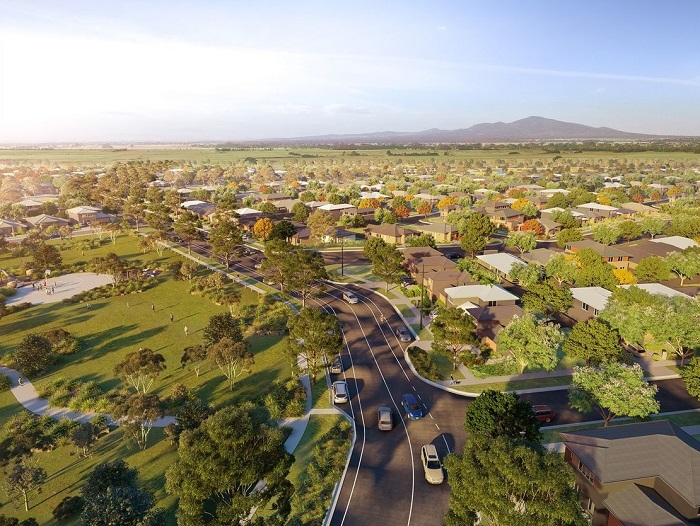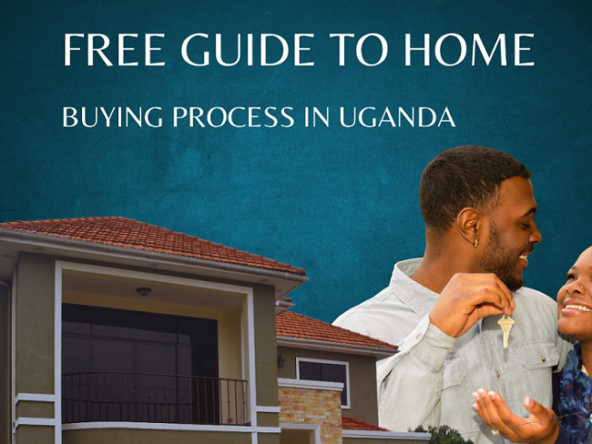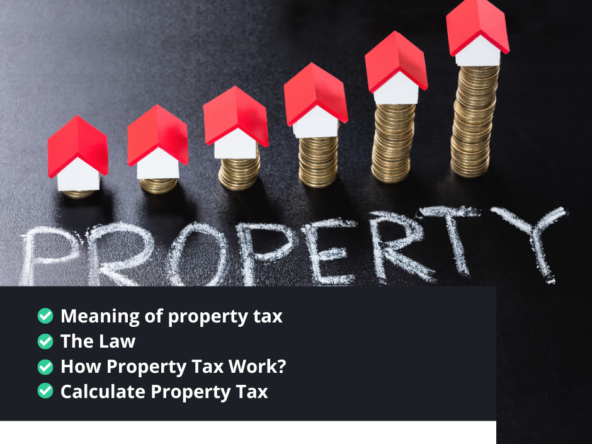Why You Should Consider a Master Planned Community in Uganda
I’ve lost track of the number of folks I’ve met over the years who plan to do things a little differently when they buy a home in Uganda.
They want to live it up and go local. The rules and regulations of a master-planned community are not for them, they tell me.
The dream sounds like fun. The reality, less so. Because if there’s one way to protect the value of your home…and save your sanity…it’s buying in a master-planned community.
I’ll explain why in a moment. But first let’s back up a little…
What is a master-planned community?
A master-planned community is essentially a large-scale residential neighborhood. They are carefully planned from the outset, unlike ordinary residential neighborhoods that can grow and develop in a chaotic fashion. These communities have their own internal rules and regulations, in addition to any local planning and zoning laws. They often have recreational amenities, too—golf courses, beach clubs, restaurants, gyms, jogging trails. A master-planned community is initially controlled by the real estate developer, but, once it is established, control is handed to the homeowners.
A master-planned community, is on another level entirely. These are residential neighborhoods, but they have more in common with small cities than with the subdivisions created by most homebuilders. Here’s an overview of what a master-planned community is, why they can make good investments and how to invest in master-planned communities.
Master-planned communities often have recreational amenities such as golf courses, pools, walking trails, and lakes. They often have their own school systems, shopping and business districts, and other components you might expect to find in a typical suburban town.
Here are reasons why you should consider buying in a master planned community.
There are several reasons people might choose to live in a Master planned community. The convenience factor is a big one… since master-planned communities are often self-contained in terms of access to commercial amenities, residents often have everything they need within a few minutes’ drive of their homes. And are generally designed to be places where residents can live, work, and shop without having to leave.
- Amenities: This is one area where master-planned communities often excel. Whether it’s access to a private beach club or golf course, swimming pools or clubhouses, they’re a plus. There’s the exclusivity factor—knowing that the gym isn’t open to the public, for example. Or, the convenience of having a pool on your doorstep or a place in the community for business meetings. Landscaped grounds create a sense of calm and space and walking and jogging trails are something that most people enjoy. Amenities can also add value to your home by making it more appealing to both buyers and renters.
- Security: Many folks buy a home overseas that they use part-time, maybe for vacation or a few summer months. A lock-and-leave home makes sense in that scenario. You can leave it knowing that there is secured, gated access to the community. And, there is usually someone to take care of emergencies like plumbing leaks while you’re gone.
Why master-planned communities can make great investment opportunities
A master-planned community is a unique type of real estate business model with some pretty appealing advantages for long-term investors.
Master planned community are designed to create a cycle of value creation. And while there is certainly some variation among communities, the general idea looks something like this:
- The master planned community’s developer acquires thousands of acres of empty, but usable, land.
- The developer initially sells a small portion of the land to homebuilders or the developer sells turnkey homes to buyers, who create residential neighborhoods.
- These neighborhoods create demand for commercial properties. For example, a convenience store or car wash could do quite well if it’s the only business of its kind that is close to a new neighborhood. So, the developer either builds these properties itself or sells land to commercial developers.
- The existence of these amenities makes the remaining land more valuable, so the master planned community developer sells some more of the land to homebuilders at the now-higher valuation.
- This cycle repeats, and as the population grows, so does demand for increasingly valuable amenities. Some larger master planned communities have office towers, sports arenas, and large shopping districts. It can take years for an Master planned community to be fully built out.
Here’s the key point. With full control of the land in essentially a small city, the Master planned community developer has complete control of supply and demand in the area, which is a key advantage when trying to unlock the value of buildable land. In other words, when a homebuilder decides to develop a new neighborhood in an area, they don’t have any control over the development of commercial properties or other competing neighborhoods in the vicinity. A master planned community developer does and can use this control to produce excellent returns over time.
How to invest in master-planned communities in Uganda
The company takes an extreme long-term approach to creating shareholder value through its Master planned communities and has several decades of runway ahead of it.
Master-planned communities can be excellent investment opportunities, but it’s important to realize that they are best suited for investors with a very long time horizon. Most Master planned communities take several decades to fully unlock their potential, and they can be difficult to value using any traditional methods.
Unfair Advantages: How Real Estate Became a Billionaire Factory
You probably know that real estate has long been the playground for the rich and well connected, and that according to recently published data it’s also been the best performing investment in modern history. And with a set of unfair advantages that are completely unheard of with other investments, it’s no surprise why.
But those barriers have come crashing down – and now it’s possible to build REAL wealth through real estate at a fraction of what it used to cost, meaning the unfair advantages are now available to individuals like you.
To get started, we’ve assembled a comprehensive guides that outlines everything you need to know about investing in real estate.





